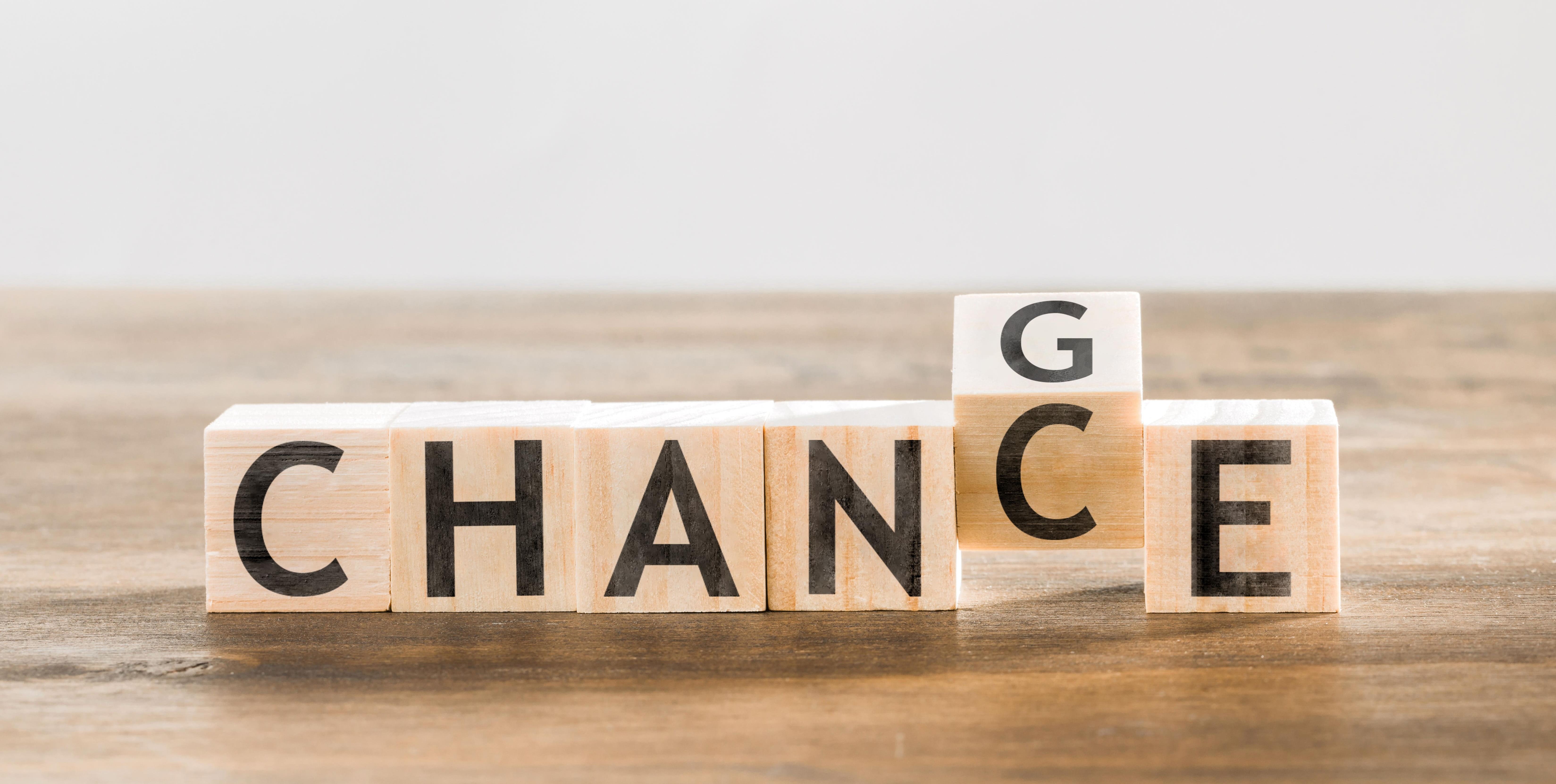Social Media Use and Video Game Addiction: Navigating the Impact on Young People's Mental Health

In today’s digital age, social media and video games are a significant part of young people’s lives. While these platforms offer opportunities for connection, entertainment, and even learning, excessive use or addiction can have profound effects on their mental health and overall wellbeing. As parents, teachers, and carers, understanding the potential impacts and supporting young people in developing a balanced relationship with technology is more important than ever.
The Impact of Social Media on Mental Health
Social media can be a double-edged sword for young people. On one hand, it helps them stay connected with friends, share their experiences, and access information. On the other hand, excessive use—particularly when it involves comparing oneself to unrealistic portrayals of others—can significantly affect mental health.
Young people are particularly vulnerable to the pressures of social comparison, which can contribute to anxiety, low self-esteem, and depression. Platforms like Instagram, TikTok, and Snapchat can create an environment where young people feel the need to constantly measure up to curated, idealised versions of others’ lives. When reality doesn’t match these often-edited and filtered portrayals, feelings of inadequacy can arise.
Cyberbullying is another serious concern. The anonymity of social media platforms can lead to hurtful comments and online harassment, which can leave lasting emotional scars. Young people may also experience FOMO (fear of missing out), as they see their peers engaging in activities or experiences they are not part of, leading to feelings of isolation and exclusion.
The Consequences of Video Game Addiction
Video games are a popular form of entertainment, but when young people spend excessive time gaming, it can lead to addictive behaviours that negatively impact various areas of their lives. Video game addiction is characterised by the inability to control the amount of time spent playing, even when it interferes with daily responsibilities or social interactions.
Some of the negative consequences of excessive video game use include:
- Reduced physical activity: Long hours spent in front of a screen can lead to sedentary behaviour, which in turn affects physical health, increasing the risk of obesity and other health problems.
- Disrupted sleep: Playing video games late into the night, often coupled with screen exposure before bed, can disturb sleep cycles, leading to sleep deprivation, which has a knock-on effect on mood and cognitive functioning.
- Decline in academic performance: As gaming becomes a priority, academic responsibilities, such as homework and studying, can be neglected, leading to poor grades and disengagement from schoolwork.
- Emotional regulation difficulties: Spending too much time gaming can result in heightened irritability or anger when interrupted, leading to withdrawal from real-life relationships and difficulty managing emotions in everyday situations.
Supporting Young People to Develop a Balanced Relationship with Technology
The key to helping young people navigate the digital world lies in creating healthy boundaries and encouraging balance. The following strategies can be useful for parents, carers, and educators:
- Promote Healthy Screen Habits:
Encourage young people to develop a balanced approach to screen time. While it may not be realistic to completely eliminate social media or video games, setting time limits on daily use can help ensure that these activities don’t interfere with sleep, physical activity, or important social interactions. - Set Clear Boundaries:
It’s important to set structured limits on screen time. This could involve restricting screen use during certain hours, such as during meals, or setting a specific time limit for gaming or social media use each day. Regular breaks between sessions can help minimise the negative impact of prolonged screen exposure. - Encourage Offline Activities:
Help young people discover activities that promote social engagement and physical wellbeing outside of the digital world. Encourage hobbies such as sports, arts and crafts, reading, or spending time in nature. These activities not only offer a break from screens but also provide opportunities for young people to build self-esteem and develop important life skills. - Open Conversations About Online Safety:
Open, honest discussions about the dangers of online spaces—such as cyberbullying, online predators, and privacy concerns—are essential. Encourage young people to speak openly about their online experiences and provide guidance on how to protect themselves from potential harm. - Develop Self-Regulation Skills:
Supporting young people in developing self-regulation skills can help them manage their impulses, particularly when it comes to gaming or social media use. Encourage mindfulness practices or self-reflection, and provide tools for managing stress or frustration without turning to screens. - Build Healthier Coping Strategies:
Technology is often used as a coping mechanism to deal with stress, anxiety, or social pressures. Helping young people build healthier, more effective coping strategies—such as talking to a trusted adult, engaging in physical activity, or practising relaxation techniques—can reduce their reliance on screens for emotional fulfilment.
When Professional Support is Needed
In some cases, technology use may become problematic, and it’s important to recognise when professional support is needed. If excessive screen time or gaming is interfering with a young person’s emotional wellbeing, relationships, or daily responsibilities, seeking help from a mental health professional can be a critical step in supporting them to regain control.
Cognitive-behavioural therapy (CBT) has proven to be effective in addressing issues such as video game addiction, social media anxiety, and the emotional challenges that come with overuse of digital platforms. CBT can help young people identify and change unhealthy patterns of behaviour, develop healthier coping strategies, and regain balance in their lives.
Conclusion
While social media and video games offer numerous benefits, excessive use can have significant consequences for young people’s mental health and wellbeing. By setting healthy boundaries, fostering open communication, and encouraging offline activities, parents and carers can support young people in navigating the digital world in a healthy, balanced way. For those who may need additional support, professional intervention can provide the tools to regain control and build a more balanced, fulfilling lifestyle.




